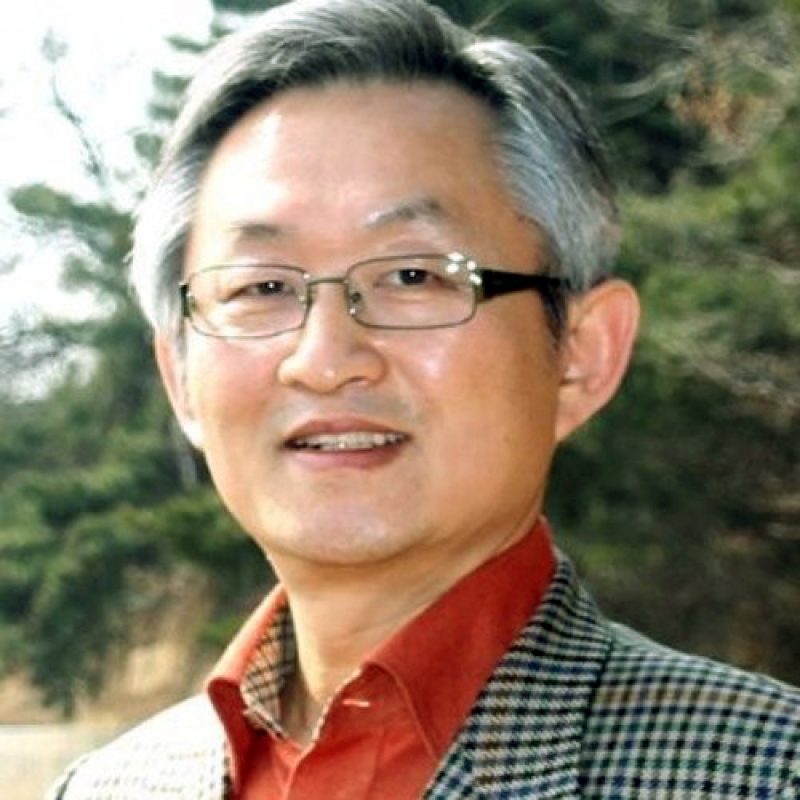
Introduction
There has been much theological controversy on the subject of Holy Spirit especially in Korean Christianity for many decades. The various doctrinal and denominational backgrounds has made theologians so confused when they come to theological talks on the subject. Most of reformed theologians are apt to abstain from talking on spiritual gifts such as speaking in other tongues or prophecies, while Pentecostals focus much more on the subject than reformed theologians do. As far as the subject on Spirit Baptism concerned, it has been the most controversial issue in Korean theological world.
As a church history professor, I've studied this subject considerably for many years, and finished my doctoral dissertation on it. First, I dealt with the historical background of the various different pneumatological streams throughout the history of Korean churches. Then I examined and classified the theological and historical characters among them. Lastly, I could sum up the conclusion of those evangelical pneumatological streams, which could be called as Holistic Pneumatology, and of which center was the Lordship of Holy Spirit. Lordship of Holy Spirit means Jesus Christ, the chief of our Christian life and evangelism, guides and controls personally in every believer as the person of Holy Spirit. It is realized by the Christian life in which the wholly-consecrated believer brings forth the fruit of Holy Spirit and witnesses Gospel with the power and the manifestation of Holy Spirit, walking with the Lord Jesus at every moment. (Bonjour Bay, The 21st Century Jesus Revival, 202)
In a series of articles, I will attempt to show the rise and core values of each denominational pneumatologies first, then will suggest the way of compromise and mutual practice among the evangelical lines.
Pneumatology of John Calvin
We won't be able to deal with the Reformed theology of 16th century unless we deal with the contemporary John Calvin's works. John Calvin was a real founder and an advocate of the theology of Holy Spirit in Protestantism since the Reformation. To him, the Holy Spirit was the necessary mediator between Christ and men, just as Christ was that of between God and men. In Calvin's belief, Holy Spirit also was the necessary means for human salvation by the grace of justification and regeneration, just as Jesus Christ was that for salvation. Holy Spirit works in us and strengthens us in order that we may live toward Christ and receive grace from Him.
Calvin discussed the inner witness of Holy Spirit. Here, inner witness was the contrary expression to outer witness, the sermon as written Word. When Calvin said God spoke to us through the Bible, he didn't say that we could understand what the Bible said without the ministry of Holy Spirit.
Calvin thought the witness of Holy Spirit required much greater faith than even that which required believing in Papal Infallibility or apostolic succession of Roman Catholicism, and that that faith exceedingly surpassed the witness of human reason. Likewise, the inner witness of Holy Spirit has been the continuing legacy of the Protestant spiritual movement, since Calvin strongly stressed its importance as the foundation and signs of real faith.
Union with Christ is another important means for matured spiritual life. Through that, we shall become participants of the life of Spirit. Only by faith, we can join in this kind of union. This simply means that human nature does not perform any function for this union. "The bond of this connection is therefore the Spirit of Christ, with whom we are joined in unity, and is like a channel through which all that Christ himself is and has is conveyed to us." (Institutes of the Christian Religion, IV 17:12)
Union with Christ does not come from human effort but from the Spirit Himself. Sanctification is a manifestation of a believer's union with Christ, and the Holy Spirit strengthens the believer as he or she pursues the way of holiness. By faith, we meet Christ and join in the Body of Christ. As soon as we join in Him, Christ comes into our hearts as the person of Holy Spirit. After that, Christians are to live with His Spirit.
Regeneration has two dimensions. One is suppression against the old being and the other is active participation in the new being. Both dimensions aim at revival for the Imago Dei as the ultimate goal of regeneration. But this does not mean that we, in the past, who were sinners are transformed into holy men in the practical meaning. Though having been sanctified, we are not now an actually sanctified people. Therefore, Calvin maintained that it might be understood that sanctification was far from practical righteousness.
We can enjoy the conviction of victory when we are united with Christ, though we still remain in this sinful world and cannot complete our ultimate holiness. God justifies and revives His chosen people and strengthens them with His power. The gift of predestination given by the Lord is irresistible and contains the grace of endurance, in which we can overcome the temptation of sin and go forward to the holy way. Then, it could be called as the sanctifying power of Holy Spirit.

Rev. Dr. Bonjour Bay (BonChul Bae) has been a professor of Historical Theology at SungKyul University, Korea since 1989. He also serves as Researcher on Spiritual Movement and as English Ministry Director. He studied at Canadian Thelogical Seminary (M. Div.) and Seoul Theological University (Th. M., Ph. D.). He wrote more than 20 books on Church History and on Pneumatology including History of Pneumatological Perspective.



















